
70 Calcium carbonate soil surface compaction
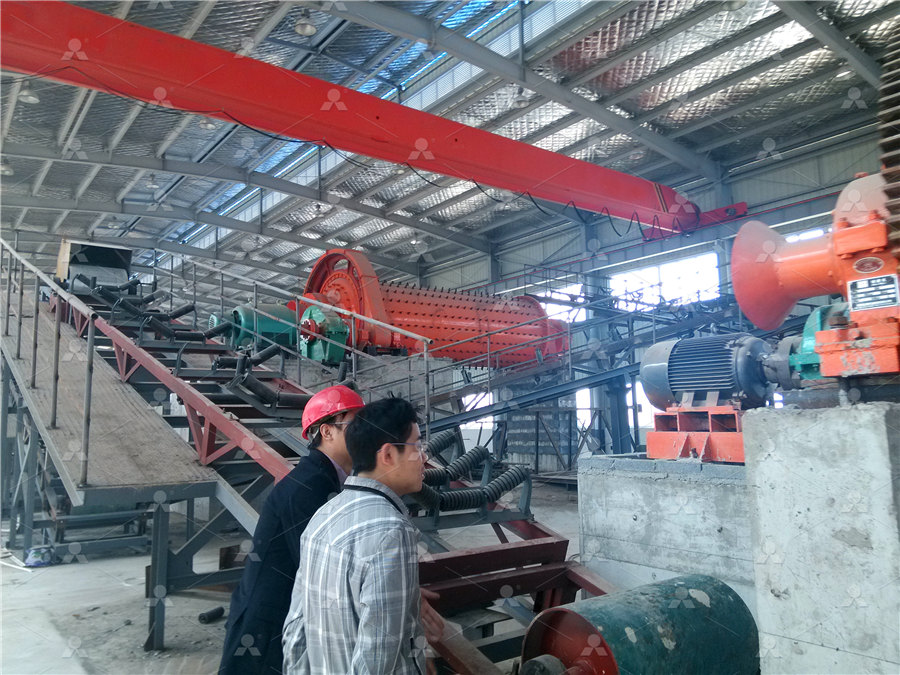
Calcium ions and calcium carbonate: key regulators of the
2024年5月24日 In this study, EICP technology was employed to modify three types of dispersive soils The results suggested that the dispersive soils required lower quantities of calcium carbonate, which translates to markedly lower volumes of the reaction fluid relative to other Microbialinduced calcium carbonate precipitation (MICP) is a promising biocementation process that can improve the properties of expansive soil through calcium carbonate precipitation Past MicrobialFacilitated Calcium Carbonate Precipitation as a Shallow 2013年1月1日 Chemical compaction by pressure solution creep becomes an effective process of porosity reduction from less than 1 km of depth, as soon as fluids are present The main Compaction and Porosity Reduction in Carbonates: A Review of 2021年2月15日 These inorganic C losses make our soils vulnerable to physical, chemical and biological degradation Liming – a common agricultural practice to neutralize soil acidification – Soil carbonates: The unaccounted, irrecoverable carbon source
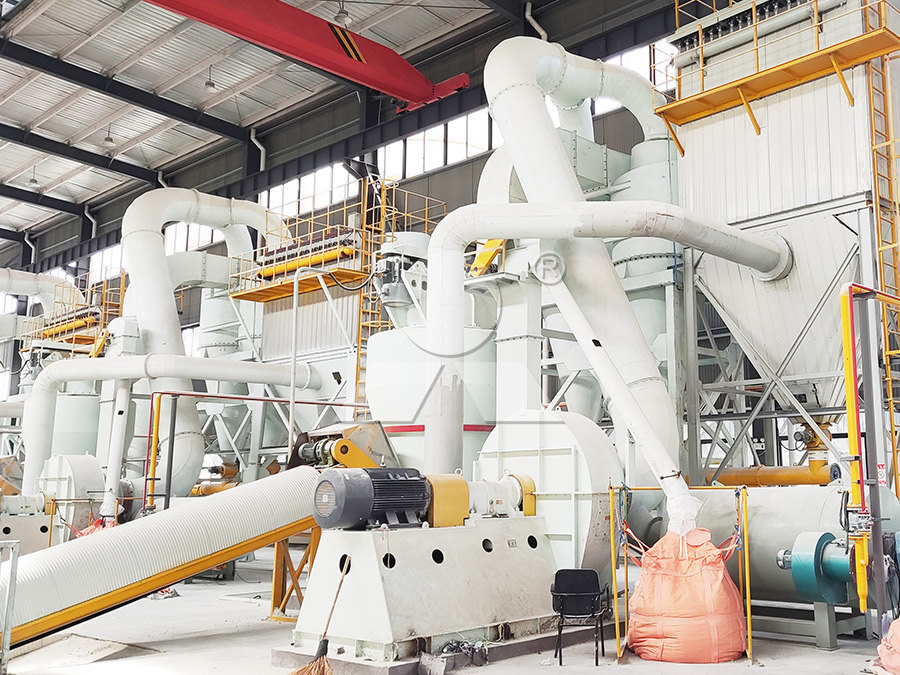
Calcium carbonate promotes the formation and stability of soil
2024年3月1日 We studied changes in the concentrations of aggregatecementing agents after different reclamation times and with different fertilization regimes, as well as the formation 2024年3月1日 Soil compaction increases soil bulk density and reduces porosity, limiting water and nutrient diffusion within the soil matrix Soil compaction also alters bacterial and fungal Under pressure: elucidating soil compaction and its effect on soil 2021年6月18日 This paper proposes the use of calcium carbonate (CaCO 3) precipitation induced by the addition of calcium chloride (CaCl 2) and sodium carbonate (Na 2 CO 3) Laboratory Study on Improvement of Expansive Soil by Chemically 2012年9月12日 We measured the δ 13 C of organic carbon (OC), active and total carbonates down to a depth of 260 cm of a calcareous soil developed in a tufa deposit We found a parallel decrease of the active CaCO 3 –δ 13 C and Dissolution and Re‐crystallization Processes of Active
.jpg)
On the Recent Trends in Expansive Soil Stabilization Using Calcium
Calciumbased stabilizer materials (CSMs) exhibit pozzolanic properties which improve the properties of clayey soils by hydration, cation exchange, flocculation, pozzolanic reaction, and 2021年12月16日 Expansive soils generally recognized as swellshrink soils have been a problem for civil infrastructure for a long time Engineers are in search of sustainable stabilization alternatives to counter these problematic MicrobialFacilitated Calcium Carbonate After compaction, the soil was left for 15 days to wait for the treatment curing and registered in parcel 10 had a lower magnitude contrasted with control parcels (P1–P2) Figure 16 Change in the surface level of the soil during field test Evaluation of the Effectiveness of a Soil Treatment 2009年9月2日 Soil compaction, a significant concern for intensively used agricultural soils, is a physical process resulting in increased soil bulk density, and decreased soil porosity [164](PDF) Soil compaction and soil management A
.jpg)
(PDF) Soil Stabilization Using Precipitated Calcium Carbonate
2024年2月26日 Soil Stabilization Using Precipitated Calcium Carbonate (PCC) Derived from Sugar Beet Wastepdf Available via license: CC BY 40 Content may be subject to copyright2018年1月17日 Presence of white patches around soil particles indicate calcium carbonate coating due to pozzolanic reaction of limetreated BC soil whose presence alters compaction characteristics of BC soil SEM images of UCF and TCFadmixed BC soil in Fig 11 clearly bring out the difference in bonding between coir fibers and surrounding particles developed when Compaction characteristics and strength of BC soil reinforced PDF On Apr 1, 2019, Mohamed G Arab published Soil Stabilization using Calcium Carbonate Precipitation via Urea Hydrolysis Find, read and cite all the research you need on ResearchGateSoil Stabilization using Calcium Carbonate Precipitation via 2024年3月27日 Enzyme induced carbonate precipitation (EICP) is a new biocementation technique that utilizes plantsourced urease to catalyze urea degradation and reaction with calcium iron, resulting in the formation of calcium carbonate (CaCO3) for soil improvement EICP has considerable promise for novel and sustainable engineering applications such as soil Influence of Enzyme Induced Carbonate Precipitation (EICP) on
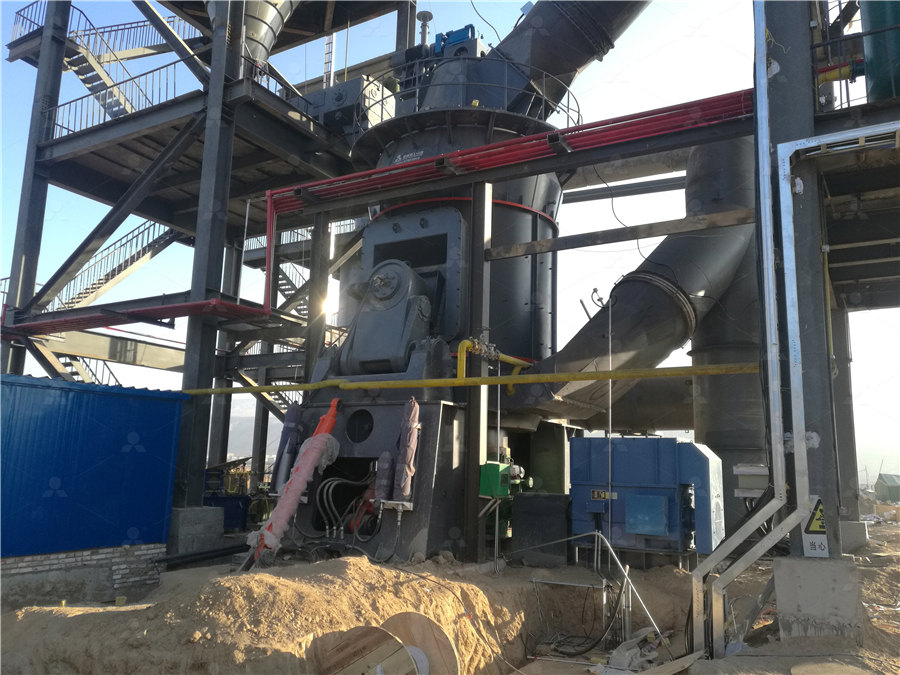
MicrobialFacilitated Calcium Carbonate Precipitation as a
The main objective of this study was to evaluate the effect of MICP applied to compaction water in is a promising biocementation process that can improve the properties of expansive soil through calcium carbonate (Figure 5a), where the maximum increase in UCS value was observed at CP7 and MP2 In the case of C70 soil (Figure 2020年7月17日 Limebased reagents contain a high amount of available calcium oxide, as high as 9496 percent Soil compaction rollers come in a variety of styles with different options such as single or double drums, but more than likely used in the final compaction step to provide a smooth surface for constructionSoil Compaction: Methods, Meaning, and Effects2021年6月1日 The soil profile is often deep to very deep with a Gypsic horizon under the surface The proportion of calcium carbonate through the soil profile ranges from 15 to 40% Soil texture is sandy loam to loam The subsurface layers enriched with gypsum are very hardness 23 Coarse to loamy soil texture with subsurface limestone accumulationsTypes and Distribution of Calcareous Soil in EgyptStabilization for Sodium Carbonate (NaCO 3), and Calcium Carbonate(CaCO 3) in the proposed mix 4 To study he quantitative changes in Triaxial test values of soil treated with Sodium Carbonate(NaCO 3) and Calcium Carbonate (CaCO 3) at 0, 3 , 7 days 2 LITERATURE REVIEW Uppal and Wason (1957) were investigated the effect of addition of some BEHAVIOR OF BLACK COTTON SOIL WITH ADDITION OF SODIUM CARBONATE
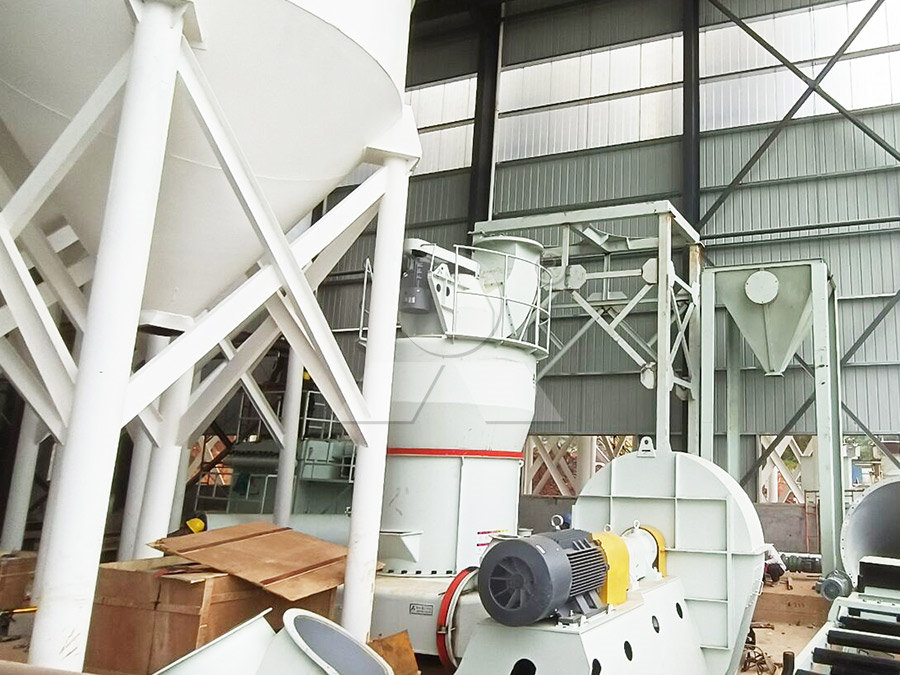
(PDF) MicrobialFacilitated Calcium Carbonate
2021年12月16日 MicrobialFacilitated Calcium Carbonate Precipitation as a Shallow Stabilization Alternative for Expansive Soil Treatment December 2021 DOI: 103390/geotechnics年2月26日 The objective of this research is to examine the use of precipitated calcium carbonate (PCC), obtained during the production of sugar from sugar beets, and to stabilize subgrades beneath highway pavements or Soil Stabilization Using Precipitated Calcium 2024年1月8日 Traffic occurring when the soil is wet will exacerbate the consequent compaction By ensuring that traffic is reduced or eliminated when the field is wet both surface and subsoil compaction can be reduced Ensure the soil is nutritionally balanced with the correct ratios of cations If calcium (Ca) is low applications of lime (calcium carbonate Managing Soil Compaction in Sportsfields Nuturf2021年11月24日 Agricultural tires and tire inflation pressures have an impact on soil compaction In general, topsoil compaction is caused by the ground contact pressure of a wheeled machine, while axle load is associated with the compaction in subsoil (Duiker, 2004a; Botta et al, 2008)Application of mechanical loads onto the soil via equipment fitted with A Review on the Effect of Soil Compaction and its Management

Calcareous Soil an overview ScienceDirect Topics
Calcareous soils are characterized by the presence of calcium carbonate (CaCO3) in the soil parent material and the consequent It has been suggested that calcite microparticles in an alkaline soil largely influence the surface soil structure, especially the air Soil compaction occurs through several compressive processes What is compaction? Soil compaction occurs when soil particles are pressed together, reducing pore space between them (Figure 1) Heavily compacted soils contain few large pores, less total pore volume and, consequently, a greater density A compacted soil has a reduced rate of both water infiltration and drainage This happens because large pores more effectively move water Soil compaction UMN Extension2007年10月1日 The effects of roller compaction process parameters, morphological forms of calcium carbonate and particle size of sorbitol on flow, compaction and compression properties were investigatedImproving the compaction of roller compacted calcium carbonateInorganic carbonate, either as calcium (calcite) or magnesium (dolomite) carbonate or mixtures of both, occurs in soils as a result of weathering, or is inherited from the parent material Most soils of arid and semiarid regions are calcareous In fact, soils of the arid/ semiarid regions may be mostly of CaCO3As with alkaline pH, the soil retention of P, Mn, Zn and Cu is directly related Calcium Carbonate Soil Chemical Analysis 1Library
.jpg)
Desiccation Induced Shrinkage of Compacted Lateritic Soil
2021年5月1日 The test tube test results showed that the mass of calcium carbonate precipitation increased with an increment in the ureaCaCl2 concentrations from 025 to 100 M Maximum mass of calcium 2018年1月17日 The Quantity of chemical computed corresponding to the above percentages is dissolved in distilled water and blended into soil thoroughly in order to obtain even distribution of the chemical and used for the tests Key Behavior of Black Cotton Soil with Addition of Sodium 2016年12月31日 On the other hand, if the level of calcium salt solution was above the sand surface, MICP was performed on the sand surface and formed a thin layer of crust of calcium carbonateBiostabilization of a Sandy Soil Using Enzymatic 2018年11月24日 Laboratory studies on lateritic soil treated with up to 8% calcium chloride (CaCl2) by dry weight of soil was carried out to establish the soil improving potential Tests carried out include Atterberg limits and linear shrinkage, compaction characteristics (maximum dry density, MDD and optimum moisture content, OMC), strength characteristics (unconfined Compaction Behaviour of Lateritic Soil–Calcium Chloride
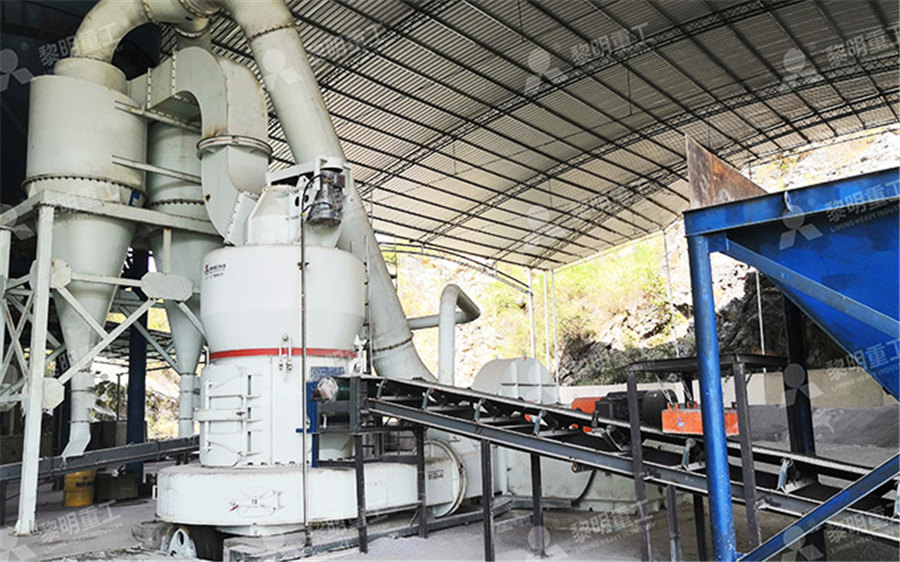
Limestone Types, Properties, Composition, Formation, Uses
2023年10月21日 Limestone is a sedimentary rock primarily composed of calcium carbonate (CaCO3) in the form of mineral calcite or aragoniteIt is one of the most common and widely distributed rocks on Earth, with a wide range of uses in various industries and natural settings Limestone forms through the accumulation and compaction of marine organisms, primarily the 2023年12月21日 The soils were also tested for content of clay, watersoluble material, calcium carbonate, organic material, mineralogy of clay and of salts, soil moisture, modulus of rupture, and crust thicknessThe Advantages and Disadvantages of Calcareous Soils2019年2月6日 There is a strong link between soil type, land use practices, climate and the risk of soil compaction Soil properties such as clay, calcium carbonate and organic matter content will determine a soil’s susceptibility to compaction, whereas its vulnerability to these processes depends largely on soil moisture content and cropping Identifying Identifying and managing soil compaction in agricultural soilsConducting over 100 soil tests with customized procedures for varying project needsSoil Lab Testing Geocomp

Enhancement of compression and compaction properties of calcium
2020年6月1日 Calcium carbonate must be processed before it can be compressed into tablets This study examined the compression behavior of calcium carbonate powder when granulated with different bindersThe Quantity of chemical computed corresponding to the above percentages is dissolved in distilled water and blended into soil thoroughly in order to obtain even distribution of the chemical and used for the tests Key Words: Soil Stabilization, Sodium Carbonate, Calcium Carbonate, Black Cotton Soil, Compaction, UCS, Triaxial Shear Test BEHAVIOR OF BLACK COTTON SOIL WITH ADDITION OF SODIUM CARBONATE 2021年12月13日 Abstract The strength of sandy soil can be improved via enzymeinduced calcium carbonate (CaCO3) precipitation (EICP) This method is a sustainable and environmentally friendly soil improvement (PDF) Hydraulic conductivity and calcium carbonate content of 2022年6月1日 The present study advocates nanocalcium carbonate (NCC) material, a relatively unexplored nanomaterial additive, for stabilization of lowplasticity finegrained soil having moderate organic contentGeotechnical investigation of lowplasticity organic soil
.jpg)
Advances in soil cementation by biologically induced
2022年2月1日 Soil cementation technology based on microbially or enzyme induced calcium carbonate precipitation (MICP/EICP) is one of the hot topics in the field of geotechnical and geological engineering in mentation, exogenous bacteria are introduced into the soil to precipitate calcium carbonate Most studies have applied the bioaugmentation method on silty and sandy soils [20,31–34]MicrobialFacilitated Calcium Carbonate Precipitation as a 2021年6月18日 The resulting calcium carbonate (CaCO 3) precipitation is expected to improve the properties of expansive soil by flocculation–agglomeration, densification and cementation effects [16,31,32,33]This process is simply based on the reaction between calcium ions (Ca 2+) and carbonate ions (CO 3 2−)A calcite crystal is usually obtained by this reaction, which is the Laboratory Study on Improvement of Expansive Soil by Chemically Download Table Soil pH, electrical conductivity and calcium carbonate at the WadlaDelanta Massif, North Central Ethiopia from publication: Characterization and classification of soils along the Soil pH, electrical conductivity and calcium carbonate at the
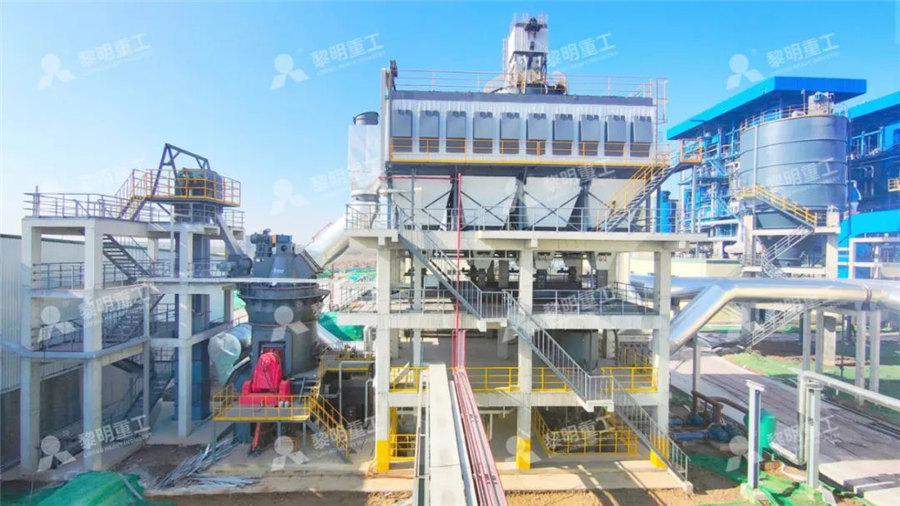
Behavior of Black Cotton Soil with Addition of Sodium Carbonate
) and black cotton soil blended with Calcium Carbonate mixtures 3) Determinations of the optimum percentage of stabilization for Sodium carbonate (NaCO 3) and Calcium Carbonate (CaCO 3)in the proposed mix 4) To Study the quantitative changes in Triaxialtest values 3) and Calcium Carbonate (CaCO 3) at 0, 3, 7 days 2 Literature Review2024年1月11日 The use of nanosulfur (NS) as a suspension to mitigate calcium carbonate (CaCO3) of calcareous sandy soil is a new strategy and has not yet been testedAmelioration with NanoSulfur Suspensions Mitigates Calcium Carbonate 2021年2月15日 In quantifying contribution of soil C to atmospheric CO 2 usually only organic C stock is considered and the other huge soil C stock remains unaccounted ie soil inorganic carbon (SIC) present in soils mainly in the form of calcium and magnesium carbonates SIC makes up the dominant C stocks in 54% of soils worldwide (Zamanian et al, 2018) (Fig 1) Soil carbonates: The unaccounted, irrecoverable carbon source2019年7月1日 Effect of Climate on Surface Soil Compaction and Crop Yield Response (012" deep) Crops can tolerate a higher compacted soil during dry conditions than during wet conditions Soils with 4070% clay are classified as MSU Soil Management Group 10 or 0 Soil Compaction Symptoms, Causes, Correction, Prevention
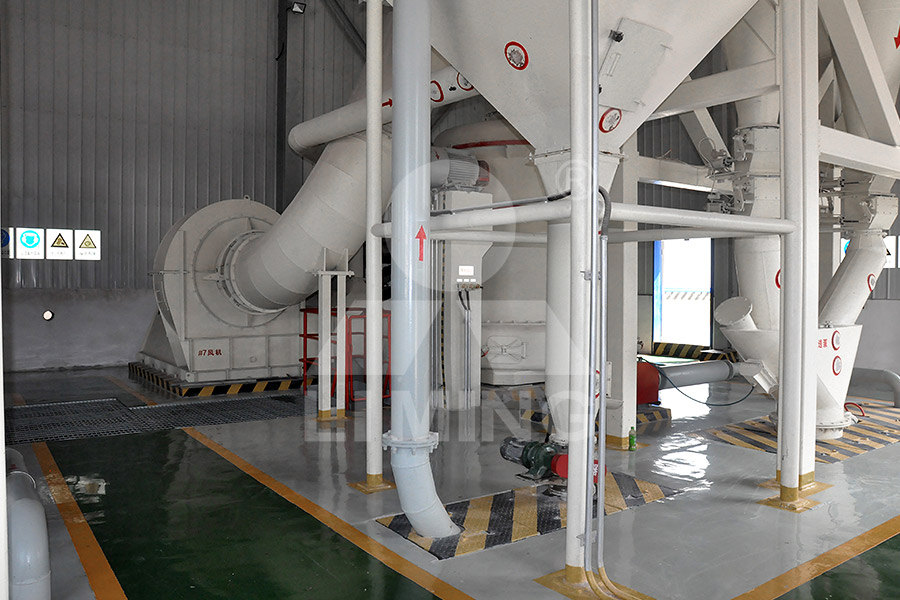
Study on microscopic pores and physicomechanical properties of
2024年10月11日 Red clay as a special soil has a high liquidplastic limit, water swelling and water loss shrinkage To solve the problems red clay was modified by calcium carbonate produced in Hezhou, Guangxi













